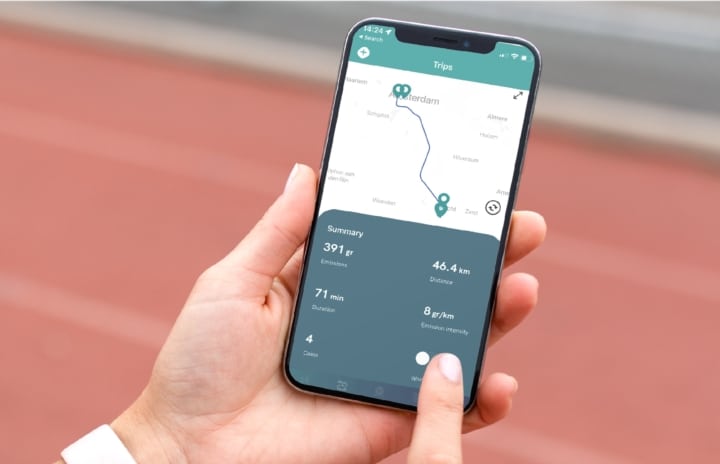Climate change is behavioral change
As part of good intentions, many people are making an effort to do their bit for the climate by living more sustainably.
Especially this year, when the huge forest fires in Australia are full in the news and more and more scientists are claiming that those fires are a result of climate change.
The intention to change is there, the motivation in many cases too, but in the end the net effect of one’s “change” is often relatively small. Why is that?
Research on sustainable behavior change
Unfortunately, there is no single solution to the answer to that question. It is not for lack of reason that there is much research on behavior and much debate in the world of behavioral science.
Human beings are and remain a complex organism and the motivations for exhibiting our behaviors, we can still learn a lot about them.
A great study done in a neighborhood on energy conservation was done a few years ago.
After energy consumption in the neighborhood had been monitored for some time, all participants gained insight into their own monthly consumption as well as that of their neighbors with the same family composition.
The families that did just slightly worse than the average started living more economically, saving energy as well as money. However, something else happened.
Something the scientists did not initially expect: the families that did very well started using more energy.
And that’s kind of strange. You would think that someone who already naturally does something good would just carry it through. However, that is so not always the case. This is because people (unconsciously) like to hang around the average.
They also call this The Magnetic Middle. And thus that affects, for example, how much impact a neighborhood makes overall on how much energy is saved.
The Moral Credit Bias Phenomenon
Another well-known phenomenon that influences how much impact one’s change actually has is also called the Moral Credit Bias.
When people have done a few good deeds, they soon find that they have a little more room and thus can strike out extra on the other side.
So someone who, as a good resolution, starts eating vegetarian four days a week, for example (and thus has a smaller footprint), then suddenly allows himself or herself to sometimes go to work by car.
Or someone who takes public transportation or a bicycle to work every day decides to reward this good behavior by flying to Barcelona for a week’s vacation.
Instead of people piling up their savings, they start offsetting the good behavior with less good behavior.
The intention and motivation to change something is the first step. A very good first step. Only then, the hardest part has yet to come: long-term change so we can make an impact together.

